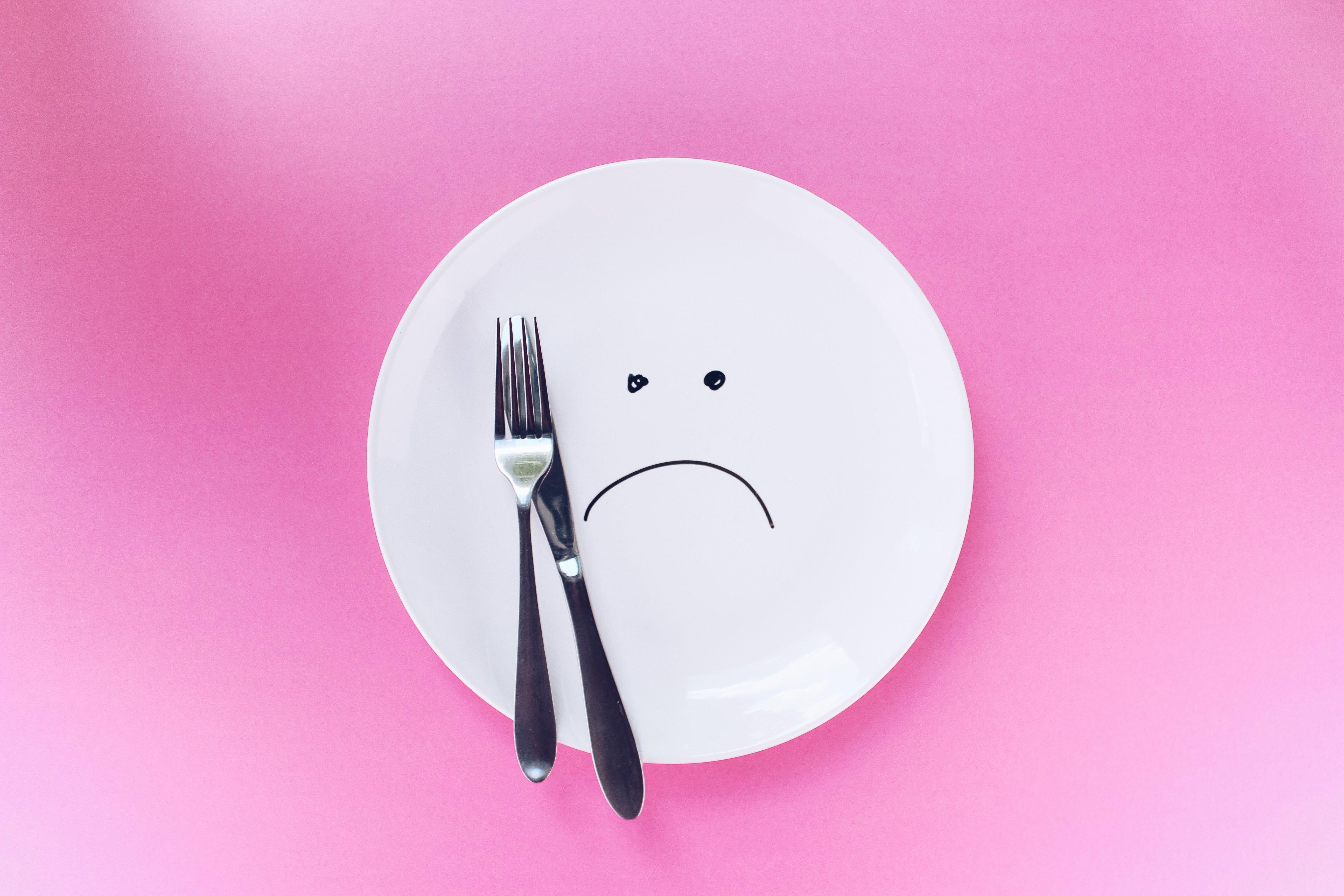Holiday Survival Guide: ED Recovery
Here we are again. It’s holiday time.
Regardless of what, when, where, or how you celebrate, the hustle and bustle of the season has the potential to be overwhelming and sometimes, downright scary. So how do we navigate nourishment of our bodies and our minds in the midst of the chaos?
Check out these ideas below:
- Make a plan. Seriously. Do it. Even if you don’t think you need to.
- Events involving food will likely be unavoidable over the next few months. Food is a normal part of human connection and gathering and for those in recovery from an eating disorder or disordered eating, this fact may feel quite anxiety-provoking. To say it simply, this is not the time to “wing it” or “see what will happen” or “talk about it later”. Taking the time to discuss these events, the food, and the fears around it all may be the ticket to maintaining recovery efforts.
- Give support, get support.
- Stay in touch with your support systems, people! It is very easy to skip your usual weekly support group or neglect to call back an accountability partner when we are feeling inundated with the many pressures of the holidays (family, travel, food, celebration, obligations, and the list goes on…). The heart of the matter is that because of these very pressures, you may need more support now than you’re able to realize…and we are thinking that may also ring true for the accountability partner from which you missed a call!
- Make space for emotion.
- Everyone’s relationship to this season is different, yet we are all more stressed than usual in one way or another. Recognizing the nuances of your needs and waving ‘hello’ to whatever emotions or feelings you may be experiencing is a great first step to being able to cultivate a holiday-specific self-care regimen. See our August Blog Post on more ideas for gentle self-care during high-stress times!
- Cope effectively.
- There will be triggers. Comments from family and friends. Language that is not recovery-positive. Questions that you would rather not answer. Check out these tips on navigating the tough stuff via Recovery Warriors: Thanksgiving and Eating Disorder Recovery: How to Survive Family Comments
Do you have any tried and true methods for surviving the holiday season? Share your tips and tricks in the comments below!
